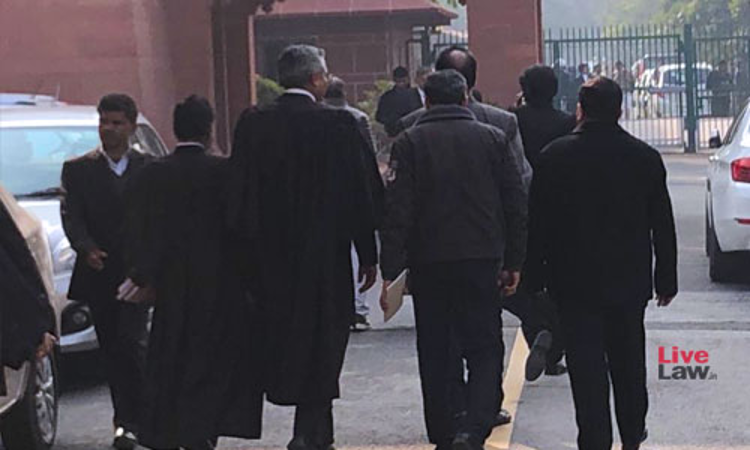How COVID-19 Lockdown Has Affected Lawyers? Some Accounts
Nilashish Chaudhary
20 April 2020 9:09 AM IST

Next Story
20 April 2020 9:09 AM IST
The nationwide lockdown, which stands extended till May 3, has taken a huge toll on practitioners in the legal profession whose incomes depend on the functioning of courts. Appearing in a court is the basic source of income for lawyers engaged in litigation, especially those practicing in lower courts. Though the Courts are still functional, very few cases are being taken up, only on the...
